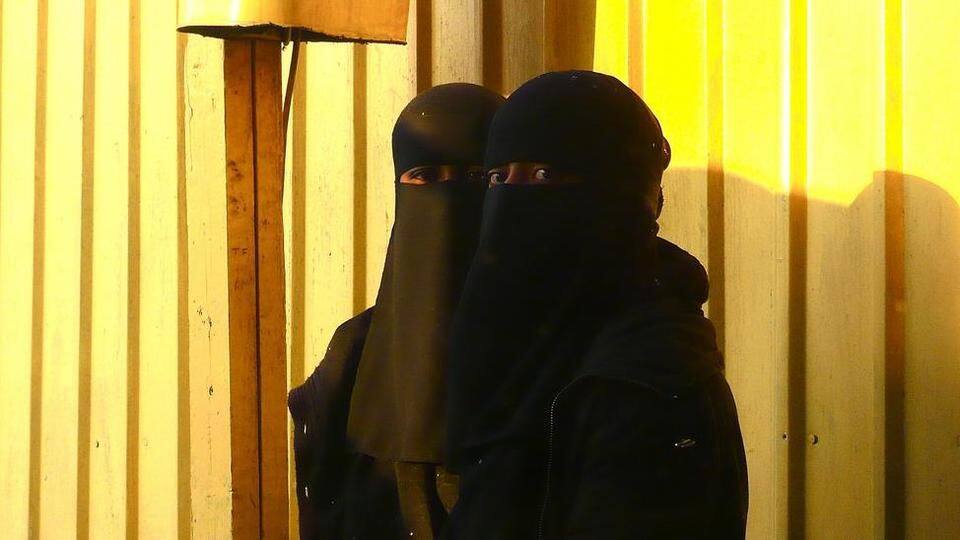
'Love jihad': Hadiya chooses husband, SC makes her dean 'guardian'
What's the story
Twenty-five-year-old Hadiya of Kerala's 'love jihad' case has finally spoken in court. She said she wants to go back to Shafin Jahan, her husband, and continue her education.
She alleged she had endured "mental harassment and unlawful custody for 11 months".
The SC has, for now, made Hadiya's former college dean her guardian.
But how much will her consent matter, given some earlier arguments?
Case
The controversial marriage
Earlier, Hadiya's father KM Asokan had challenged her marriage in the Kerala HC. Asokan's counsel claimed to possess documentary proof of her indoctrination.
"I have no objection to my daughter marrying from any religion. But this group has terrorist connections," he said.
However, Shafin claimed Hadiya had converted before marriage: the two met in August'16 and married in December.
The HC annulled the marriage.
SC
The case reaches the SC
Shafin then took the case to the SC. Linking the case to the rights to life and liberty and religion, Shafin claimed the petition was "an insult to the independence of Indian women".
In the meantime, a video emerged in which Hadiya is purportedly seen alleging abuse by Asokan and threats to her life.
The SC asked the NIA to probe the case.
NIA
Similar indoctrination patterns found in many Kerala cases, investigators said
The NIA said it had found a pattern of indoctrination in almost 90 such cases from Kerala.
It told of a systematic network involved in targeting and radicalizing youths. Some common people were linked to many such cases.
Significantly, the Kerala HC heard another similar case in the meantime and upheld the Hindu-Muslim marriage, noting not all interfaith marriages can be termed 'love jihad'.
Questions
Free will or national security?
The famous case divided citizens: one group claimed adults should have the right to make their own decisions.
They questioned why the court hadn't asked for Hadiya's consent or the lack of it before entertaining the case.
Meanwhile, others opposed that view, saying consent doesn't extend to signing up for terrorism-related activities. Many opined parents should have the right to decide for their children.
Quote
What does Hadiya have to say?
According to reports, Hadiya proclaimed in the SC: "I want freedom." Asked if she wanted to study on state expenditure, she said, "My husband is there to take care of my expenses, why should I study on state expenditure?" Her deposition will continue tomorrow.
Status
But does Hadiya's consent matter in this case?
However, the NIA had invoked the concept of "psychological kidnapping", saying an indoctrinated person may be unable to give free consent.
It claimed radical organizations often use 'hypnotic counseling' and 'neuro-linguistic programming' to control young women.
The SC asked, "Should we delink the larger issue of indoctrination with this specific case?"
The NIA requested the court to consider its 100-page report before deciding.